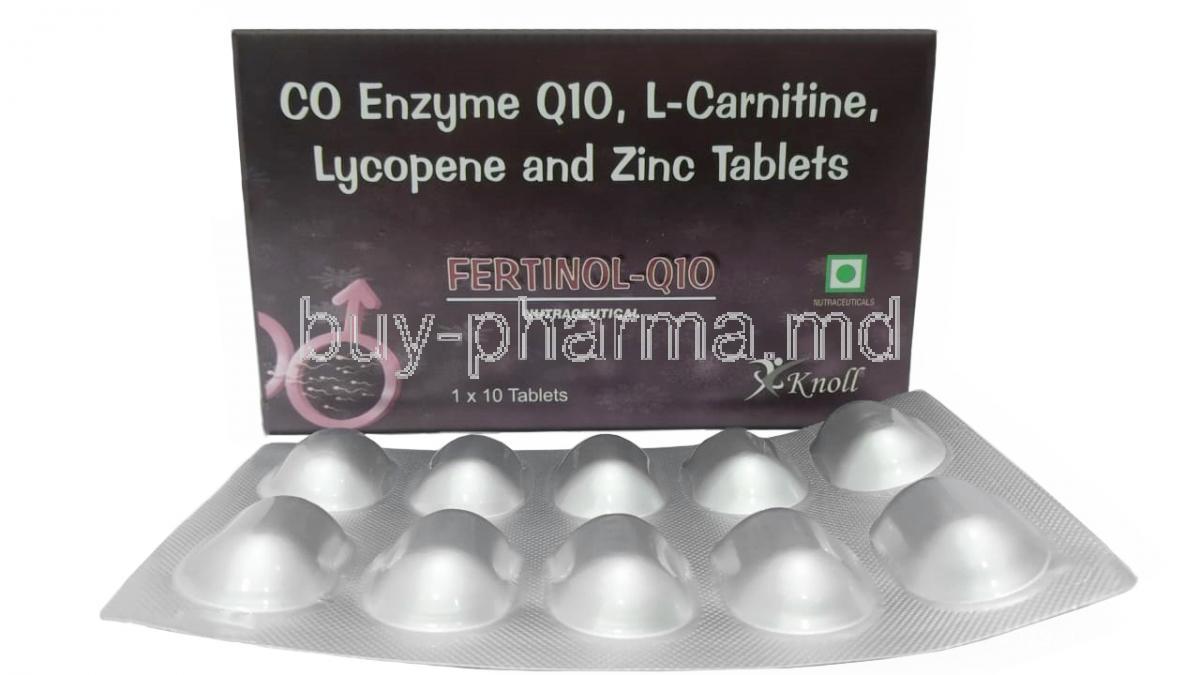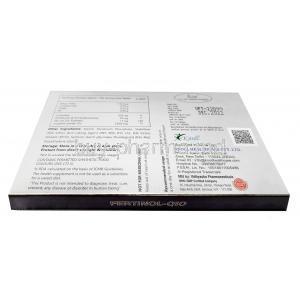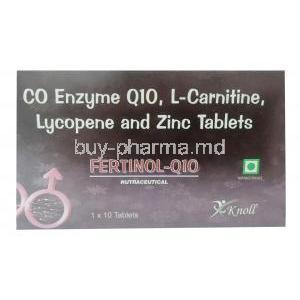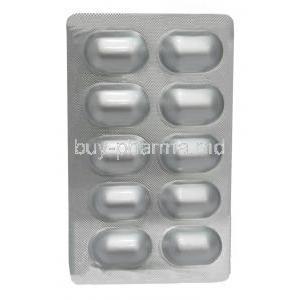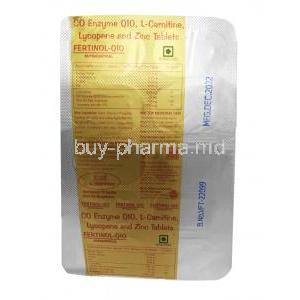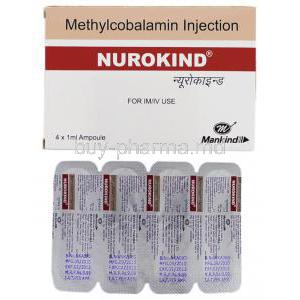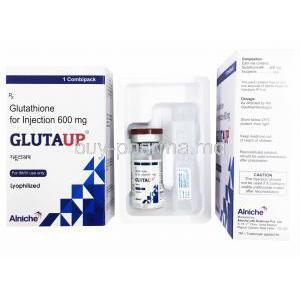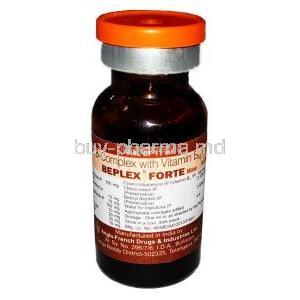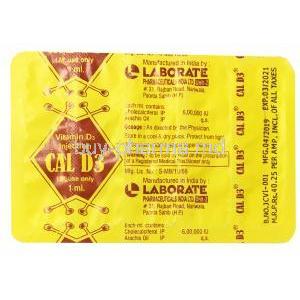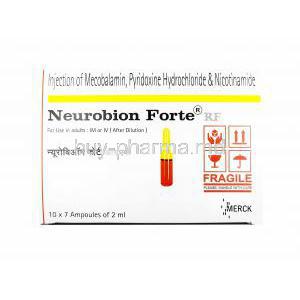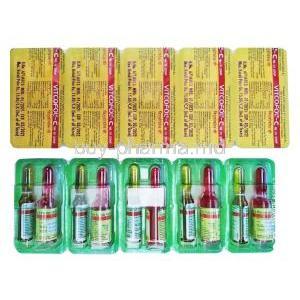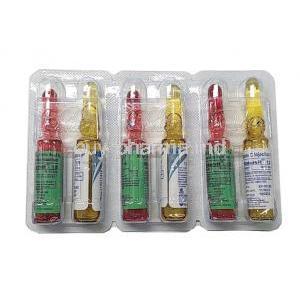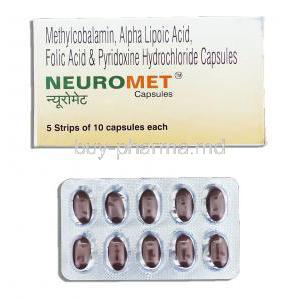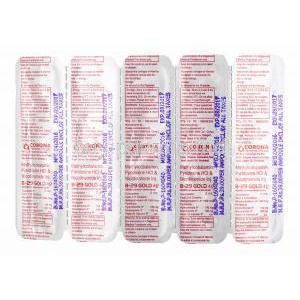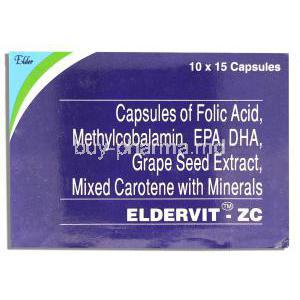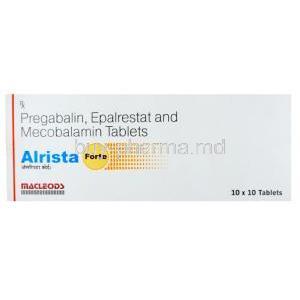Zinc
Uses
How it Works
Coenzyme Q10
Uses
How it Works
Common Side effects
Some of the potential side effects of Coenzyme Q10 can include the symptoms below
Nausea,
Night sweats,
Pneumonitis,
Abnormal breathing,
Altered sperm motility,
Chest pain,
Cough,
Loss of appetite,
Muscle pain,
Diarrhoea,
Difficulty in paying attention,
Fainting,
Fatigue,
Fungal infection of skin,
Headache,
Hearing loss,
Heartburn,
Indigestion,
Insomnia,
Rash,
Respiratory tract infection,
Sinus infection,
Sinus inflammation,
Sore throat,
Stomach pain,
Vomiting
L-Carnitine
Uses
How it Works
Common Side effects
Some of the potential side effects of L-Carnitine can include the symptoms below;
Nausea,
Tachycardia,
Palpitations,
Paresthesia,
Peripheral edema,
Gastrointestinal discomfort,
Anemia,
Muscle pain,
Cough,
Diarrhoea,
Gastritis,
Headache,
Increased calcium level in blood,
Increased blood pressure,
Muscle weakness,
Bronchitis,
Vertigo,
Vomiting
Lycopene
Uses
How it Works
Common Side effects
Some of the potential side effects of Lycopene can include the symptoms below;
Nausea,
Dyspepsia,
Diarrhea,
Vomiting,
Gas,
Indigestion

